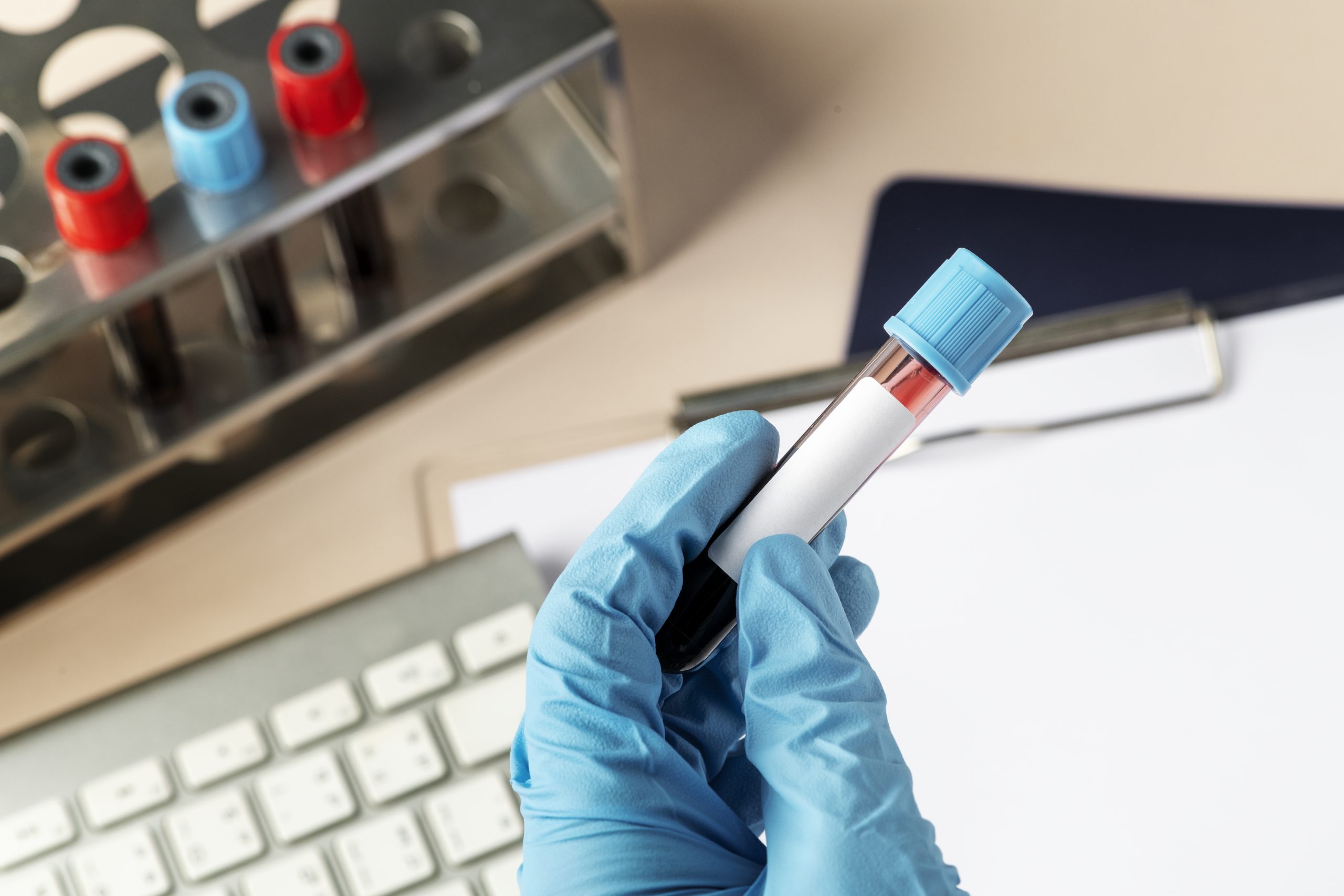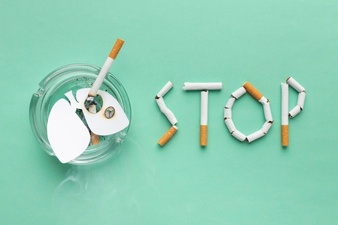If you’ve been looking for a health reason to indulge in a midday slumber, you might be in for a treat. A study set to be presented in the 68th annual American College of Cardiology Scientific Session this Monday, the 18th of March has some pretty compelling evidence that taking a nap in the afternoon could be as effective as other recommended lifestyle measures to lower high blood pressure.
The study
 Researchers gathered 212 participants aged an average of 62 years with a mean blood pressure of 129 mmHg. Over 50 per cent of the participants in this sample were female, and a quarter of them were smokers and/or had type 2 diabetes – both of which are risk factors for high blood pressure.
Researchers gathered 212 participants aged an average of 62 years with a mean blood pressure of 129 mmHg. Over 50 per cent of the participants in this sample were female, and a quarter of them were smokers and/or had type 2 diabetes – both of which are risk factors for high blood pressure.
This sample group was then split into two groups: A napping group and a non-napping group. The risk factors for developing high blood pressure were similar in both groups.
Researchers monitored and recorded the participants’ blood pressure continuously for 24 hours and also took down the length of time they napped during the day. They also tracked their other lifestyle habits like alcohol, coffee and salt intake, in addition to noting down their pulse wave velocity, a measure used to assess the stiffness of their arteries. When recruited for the study, the participants also underwent an echocardiogram – commonly known as an ECG – which helps researchers get a clearer picture of their heart health.
Results
On average, the napping group had better blood pressure readings than the non-napping one.
The average systolic blood pressure – the one that shows up as the top number on the blood pressure monitor – of the napping group during the 24 hours was 127.6 mmHg, 5.3 mmHg lower than the non-napping group’s average of 132.9 mmHg.
When it came to overall blood pressure readings (the top and bottom ones), the napping group still fared better than the non-napping one, with an average blood pressure of 128.7/76.2 compared to their 134.5/79.5 mmHg average.
The study also appeared to show a direct relationship between the length of the naps and the drop in blood pressure. This is because for every hour slept, the average systolic 24-hour blood pressure fell by 3 mmHg.
 Commenting on the study’s findings, one of the study’s co-authors, Manolis Kallistratos, MD, a cardiologist at the Asklepieion General Hospital in Voula, Greece, says that the study seems to show that napping can be as effective as other lifestyle changes recommended for lowering blood pressure. For instance, Kallistratos says that reducing your alcohol and salt intake could reduce your blood pressure by 3 to 5 mmHg. These figures are comparable with the average of 5 mmHg shown in this study to be decreased by napping. As far as anti-hypertensives (blood pressure medications) are concerned, Kallistratos says that they tend to reduce blood pressure by an average of 5 to 7 mmHg.
Commenting on the study’s findings, one of the study’s co-authors, Manolis Kallistratos, MD, a cardiologist at the Asklepieion General Hospital in Voula, Greece, says that the study seems to show that napping can be as effective as other lifestyle changes recommended for lowering blood pressure. For instance, Kallistratos says that reducing your alcohol and salt intake could reduce your blood pressure by 3 to 5 mmHg. These figures are comparable with the average of 5 mmHg shown in this study to be decreased by napping. As far as anti-hypertensives (blood pressure medications) are concerned, Kallistratos says that they tend to reduce blood pressure by an average of 5 to 7 mmHg.
Kallistratos says that these findings are significant because reducing blood pressure even by just 2 mmHg could lower the risk of a cardiovascular event by up to 10 per cent.
Kallistratos stresses that he and the other researchers don’t want to encourage people to nap for hours during the day. But, he says that for people who are able to squeeze in a midday kip, doing so could be a cheap and easy lifestyle change that may help ward off life-threatening complications.
When analysing their findings, researchers took into account factors that could influence the results like the participants’ age, gender, and lifestyles, along with any medications they could be on and the results of their ECG and pulse-velocity wave tests.
Despite the participants in both groups having well-controlled blood pressure and taking a similar number of anti-hypertensives, Dr Kallistratos says that the nappers experienced a “significant” drop in blood pressure compared to their non-napping counterparts.
Additionally, during the nighttime, when blood pressure for all people tends to fall, participants in both groups were found to experience this drop at a similar rate. This further validated the idea that the lowered blood pressure experienced by the nappers was likely from the daytime napping and separate from this natural occurrence.
Of course, more research is needed to affirm these results, but napping during the day has probably never looked more lucrative (and health promoting)!
What are your thoughts on daytime naps? Are you going to try and make them a part of your routine? Share your thoughts in the comments!
Wrtten by: Tesneem Ayoub
Sources:
1. https://www.sciencedaily.com/releases/2019/03/190307081029.htm
2. https://www.heart.org/en/health-topics/high-blood-pressure/why-high-blood-pressure-is-a-silent-killer/know-your-risk-factors-for-high-blood-pressure
More from Health Care






Leave A Comment
You must be logged in to post a comment.